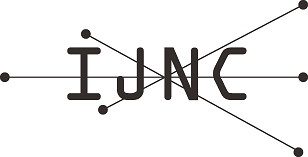Performance and reliability trade-offs for the double checkpointing algorithm
Abstract
Fast checkpointing algorithms require distributed access to stable storage. This paper revisits the approach based upon double checkpointing, and compares the blocking algorithm of Zheng, Shi and Kal ́e [23], with the non-blocking algorithm of Ni, Meneses and Kalé [15] in terms of both performance and risk. We also extend the model proposedcan provide a better efficiency in [23, 15] to assess the impact of the overhead associated to non-blocking communications. In addition, we deal with arbitrary failure distributions (as opposed to uniform distributions in [23]). We then provide a new peer-to-peer checkpointing algorithm, called the triple checkpointing algorithm, that can work without additional memory, and achieves both higher efficiency and better risk handling than the double checkpointing algorithm. We provide performance and risk models for all the evaluated protocols, and compare them through comprehensive simulations.
Keywords
Full Text:
PDFRefbacks
- There are currently no refbacks.
